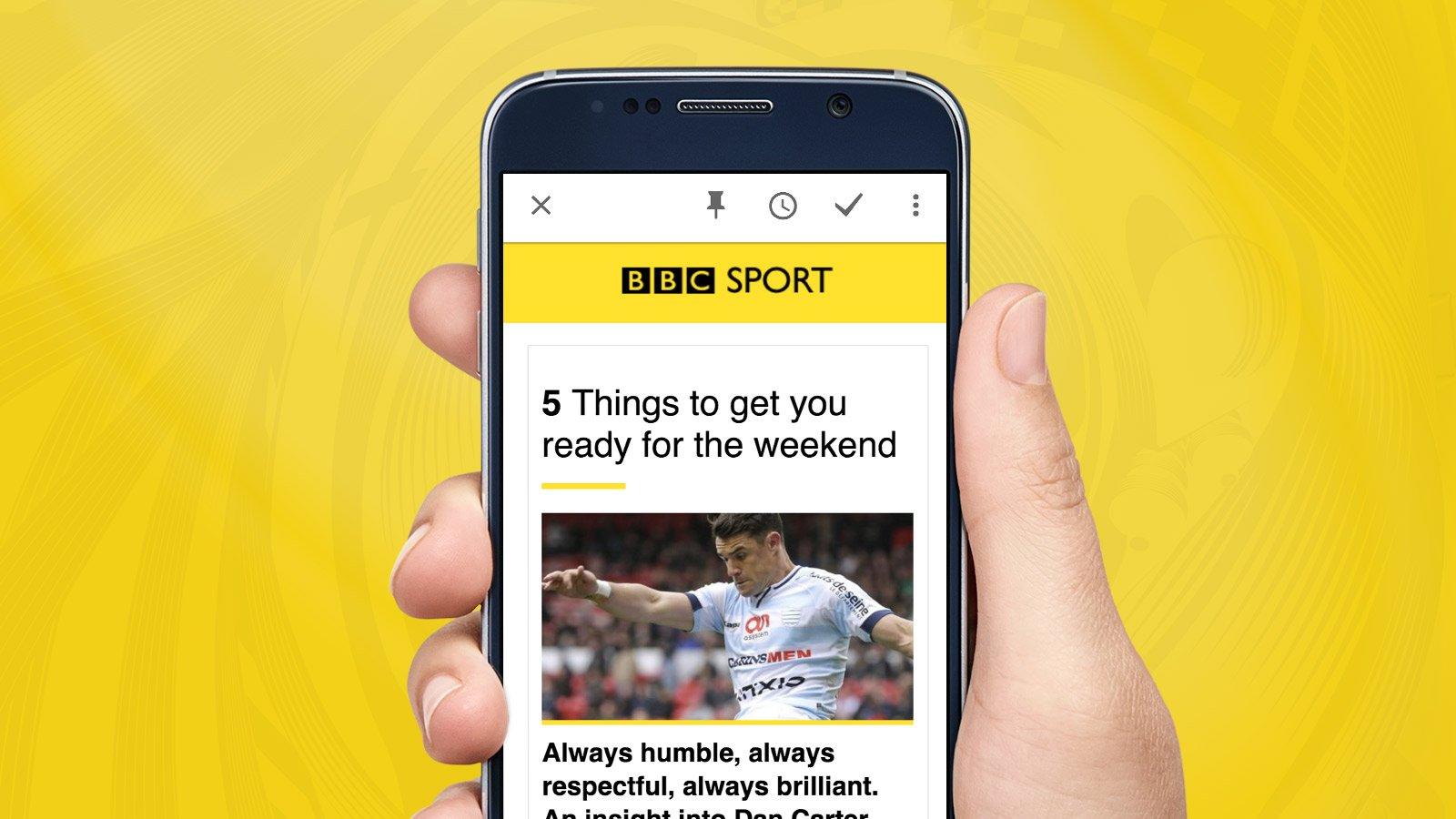Rio 2016: Vladimir Putin says Olympics 'less of a spectacle' without Russians
- Published
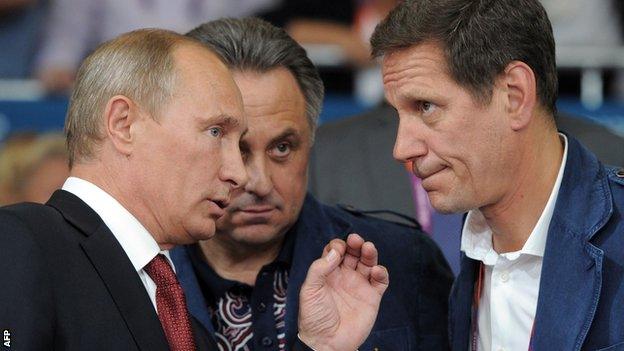
Russian President Vladimir Putin (left) speaks to sports minister Vitaly Mutko, whose request to the IAAF to reinstate Russia's track and field athletes for the Rio Olympics was rejected
Russian President Vladimir Putin says medals won at Rio 2016 will be devalued by the banning of Russian competitors.
There have been 108 Russians banned from next month's Olympics so far, including 67 out of 68 from the athletics team.
Putin said there was a "deliberate campaign targeting our athletes".
"The other sportsmen understand that the quality of their medals will be different," he told the Russian Olympic team at the Kremlin in Moscow.
Putin, who said the Games would be "less of a spectacle" as a result of the bans, said the "campaign" he alleged "was characterised by so-called double standards and opted for the idea of collective responsibility, which is not compatible with sport, justice in general, or the basic norms of law".
Russia's fencing, volleyball, triathlon and table tennis squads are the latest to have been cleared to compete at the Rio Games, which begin on 5 August.
Governing bodies are making rulings on whether Russian athletes can take part following the damning World Anti-Doping Agency (Wada) report into state-sponsored doping in the country.
Russia had hoped to send 387 athletes to Rio. On Wednesday, the country's Olympic Committee chief Alexander Zhukov told Rossiya-24 that, despite the suspensions, more than 250 are still set to go.
There are 16 Russian fencers due to compete in Brazil and six triathletes.
The International Volleyball Federation has cleared the Russian volleyball and beach volleyball teams for Rio, with 30 players across the respective squads.
Fencing's governing body the FIE said it had re-examined the results from 197 drug tests taken by Russian fencers between 2014 and 2016 and all came back negative.
An International Triathlon Union (ITU) statement said: "None of the six Russian triathletes (three men, three women) that have qualified for 2016 Olympics are included in the McLaren report, nor have any of them served suspensions or bans for failed doping tests.
"Additionally, they have all been tested outside of Russia. Therefore, ITU will recommend to the IOC that these six athletes be permitted to compete in Rio next month."
The International Table Tennis Federation said that after carrying out "individual test analysis outside the Russian anti-doping system" it "believes the provided evidence meets the requirements of the IOC and confirms the eligibility of the three qualified Russian players".
The International Olympic Committee has said individual federations should decide if Russians in their respective sports can compete following Wada's report.
Some international federations have banned Russians from competing altogether, some have issued a partial ban, while others have cleared all Russians to take part.
All Russian competitors from equestrian, shooting, judo, tennis and archery have been given permission to compete.
Athletics' governing body, the IAAF, opted to ban Russian track and field athletes unless they can satisfy strict doping criteria. So far, only one has been able to do that.
Russian sports minister Vitaly Mutko sent a letter on Monday to IAAF president Lord Coe, asking him to reverse the ban, but said on Wednesday his request had been refused.
Could Russians challenge their ban?
Speaking to BBC Radio 5 live, sports lawyer Mike Morgan said Russian athletes have a chance of winning a legal challenge against rulings to ban them.
He claimed that even if they were named in the Wada-commissioned McLaren report into state-sponsored doping "they may have never done anything wrong".
He added: "Mr McLaren has a list of 'protected athletes', who allegedly the Russian state would protect by covering up any positive doping results. But that doesn't necessarily mean they were using substances.
"The athletes themselves may not know anything about these lists and why they are on the lists.
"Even if there is a good basis for suspicion, there are processes in place through the Wada code to ensure athletes have a right to see what the evidence is against them, and to provide counter evidence in court."
- Published26 July 2016
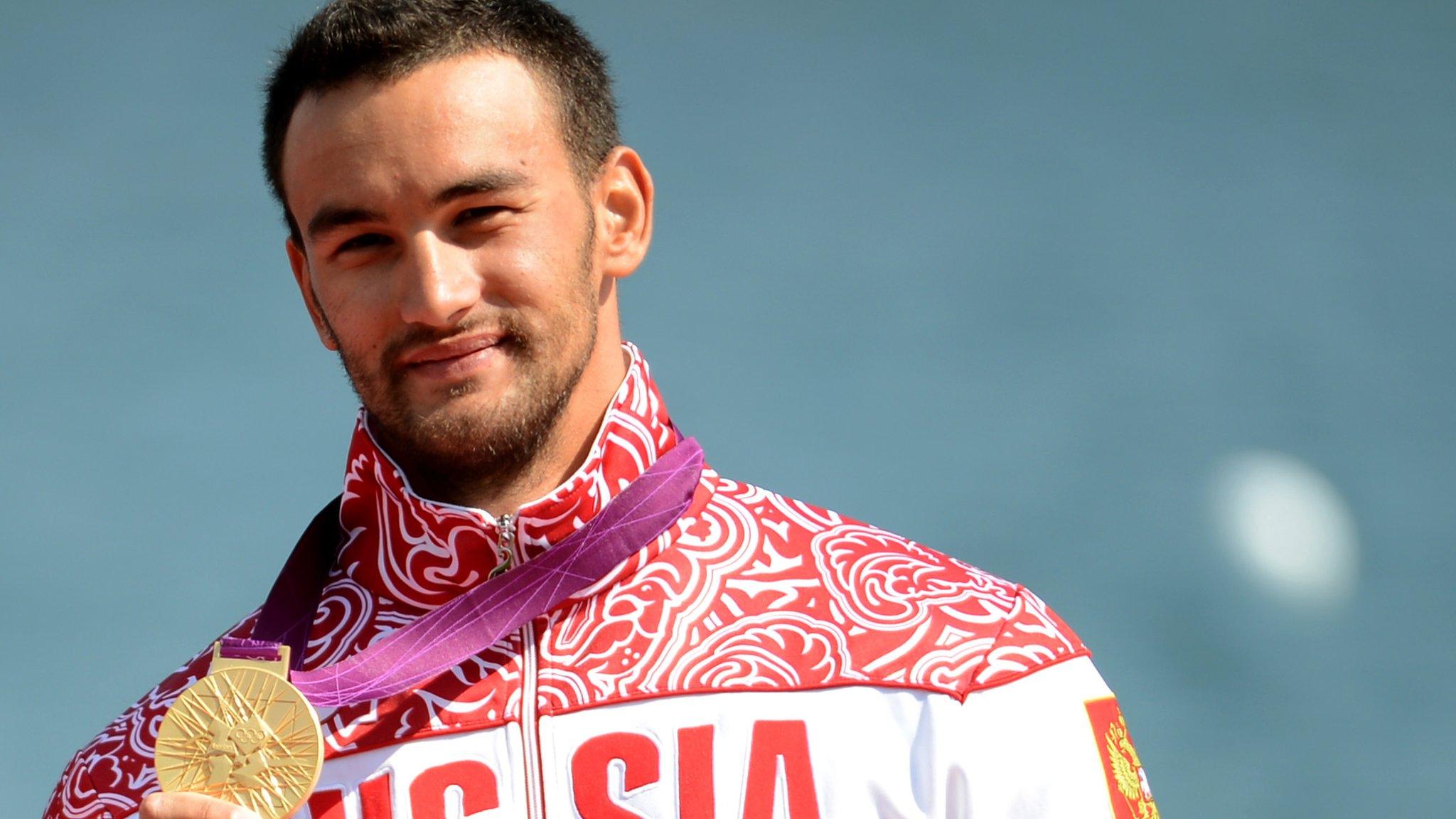
- Published26 July 2016
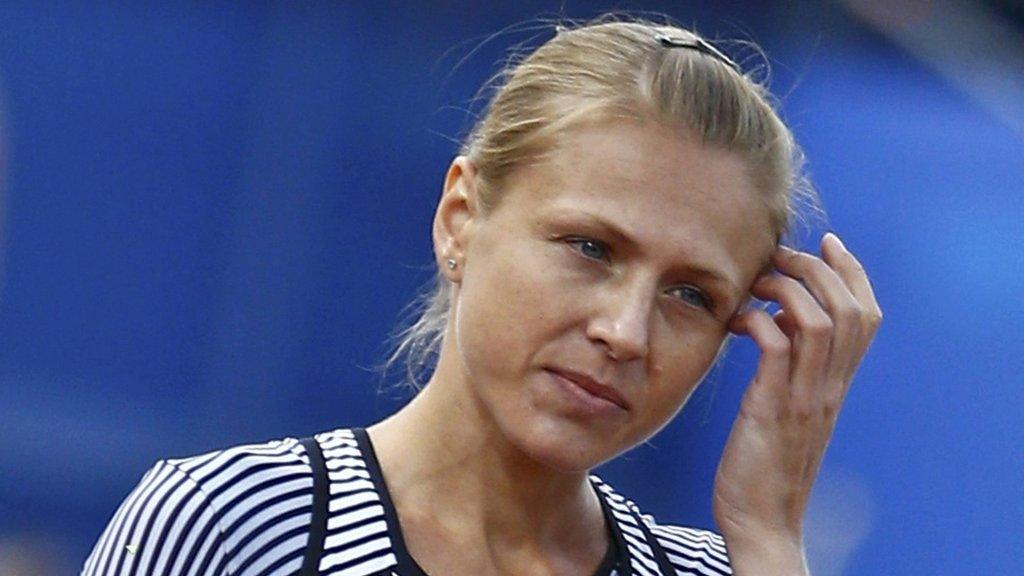
- Published26 July 2016
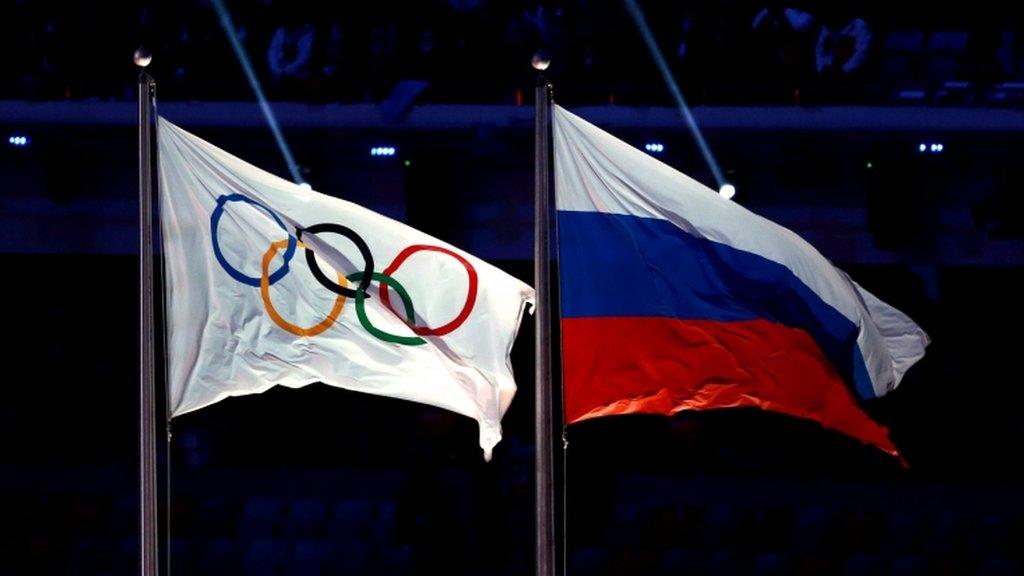
- Published18 August 2016
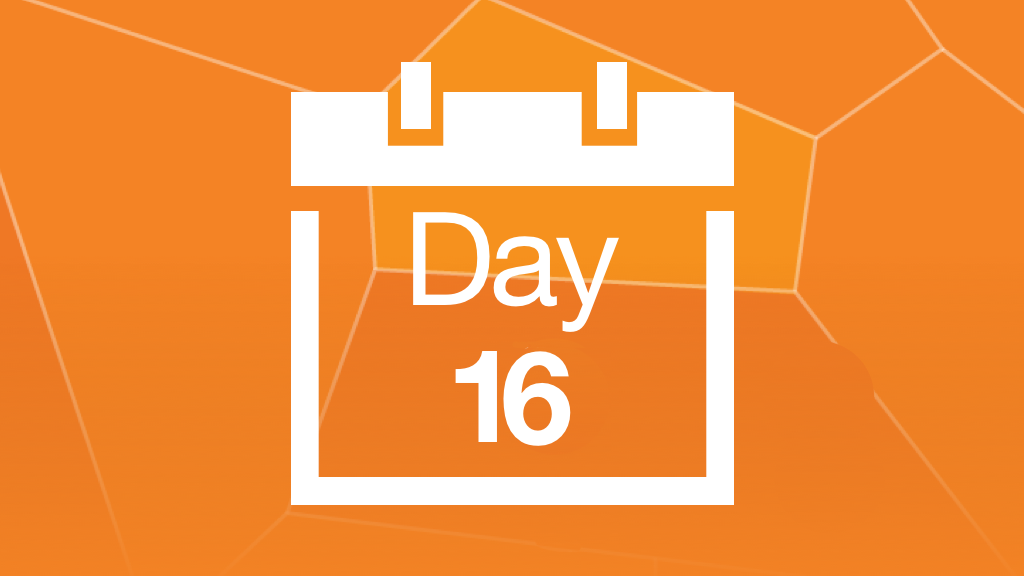
- Published19 July 2016
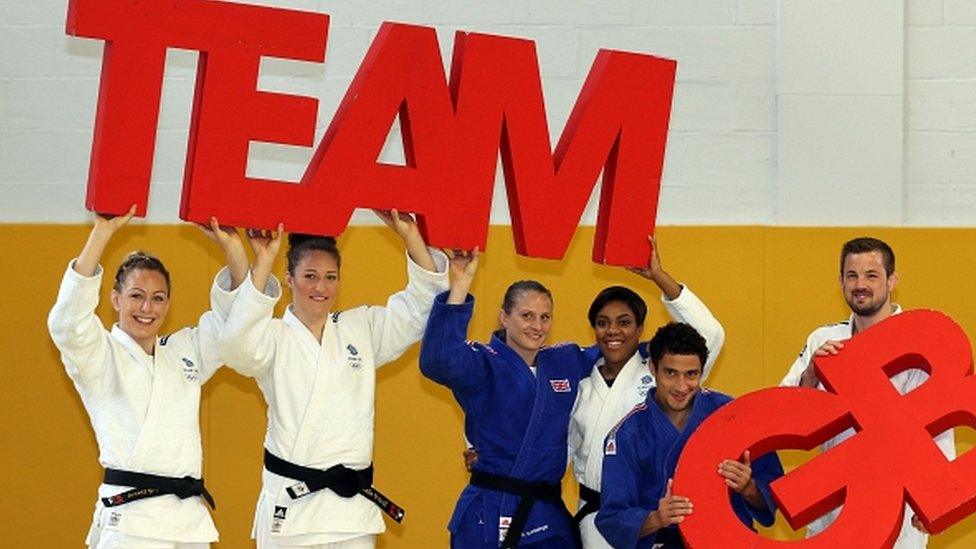
- Published19 July 2016

- Published13 May 2016
